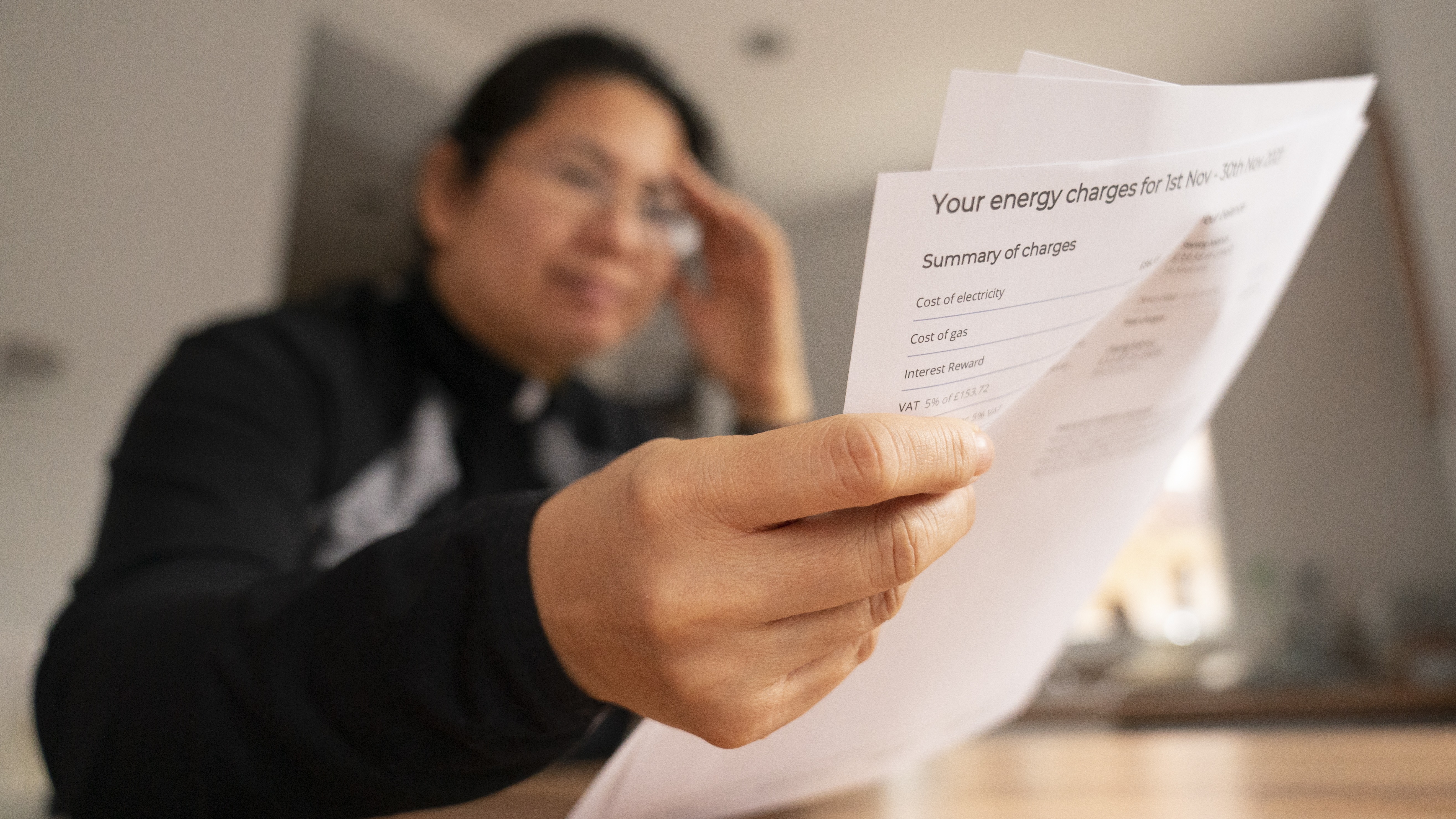A US court has blocked Donald Trump from imposing sweeping tariffs on imports in a major blow to the president’s economic plans.
The ruling from a three-judge panel came after several lawsuits arguing Trump has exceeded his authority, leaving the country’s trade policy dependent on his whims.
Trump says he has the power to act because the country’s trade deficits amounted to a national emergency, and he said the sweeping import levies on nearly every country would bring factory jobs back to the US.
However, the Court of International Trade found the 1977 International Emergency Economic Powers Act does not authorise the use of tariffs.
It was also argued the trade deficit did not constitute as an emergency because the US has run a trade deficit with the rest of the world for 49 consecutive years.
The 25% levy on steel and aluminium entering the US, which is hitting the UK’s already struggling steel industry, is not affected as they fall under a different law.
Trump imposed tariffs on most of the countries in the world in an effort to reverse America’s massive and long-standing trade deficits.
His administration argues that courts approved then-President Richard Nixon’s emergency use of tariffs in 1971, and that only Congress, and not the courts, can determine the “political” question of whether the president’s rationale for declaring an emergency complies with the law.
Trump’s so-called “liberation day” tariffs shook global financial markets and led many economists to downgrade the outlook for US economic growth.
So far, though, the tariffs appear to have had little impact on the world’s largest economy.
Subscribe free to our weekly newsletter for exclusive and original coverage from ITV News. Direct to your inbox every Friday morning.
From Westminster to Washington DC – our political experts are across all the latest key talking points. Listen to the latest episode below…
Follow STV News on WhatsApp
Scan the QR code on your mobile device for all the latest news from around the country





























